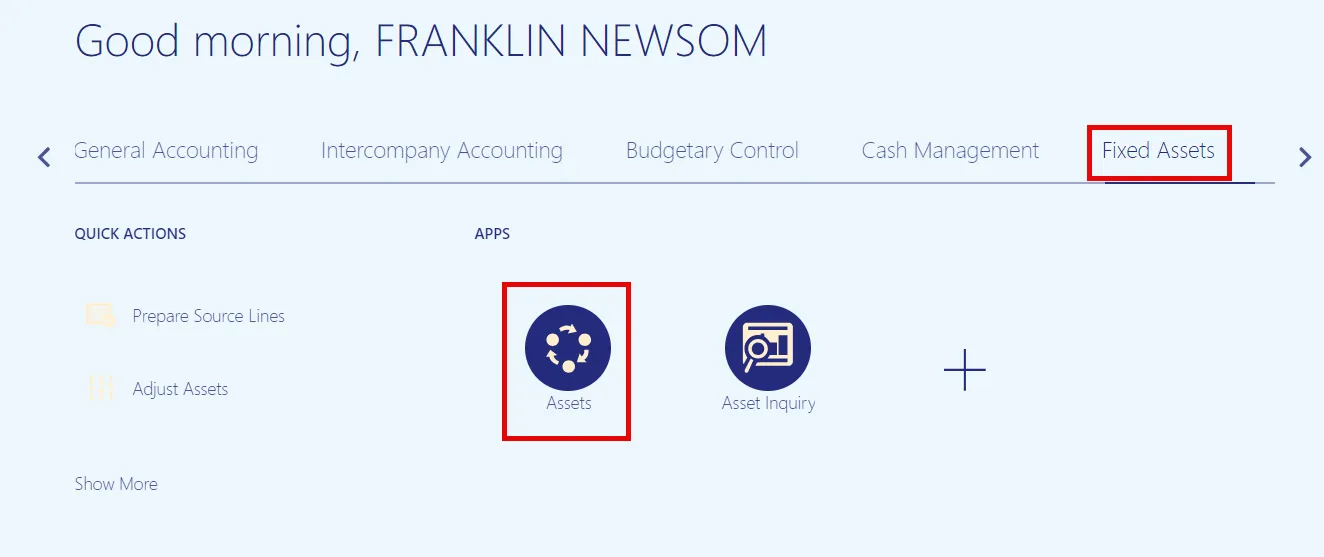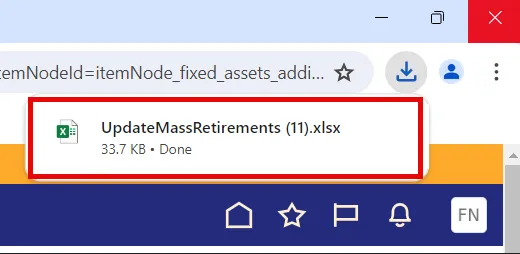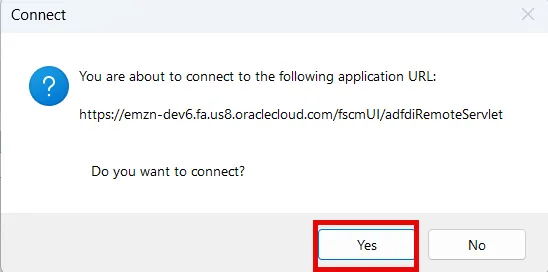Purpose
The purpose of this Quick Reference Guide (QRG) is to provide a step-by-step explanation on how to Remove Transaction Lines, such as retirement exception lines, from the Fixed Assets dashboard in the North Carolina Financial System (NCFS).
Introduction and Overview
This QRG explains how to remove transaction lines and retirement exception lines in NCFS. These steps can be used to delete any transaction line that appears on the Fixed Assets dashboard.
Removing Transaction Lines from the Fixed Assets Dashboard
On the Fixed Assets dashboard, transaction lines are stored and displayed. These lines are in a pending status until changed. The status of “Delete” is used to remove a transaction line. This status only deletes the pending transaction; it does not influence the asset.
To remove a transaction line from the Fixed Assets dashboard, please follow the steps below. There are 10 steps to complete this process.
Step 1. Log in to the NCFS portal with your credentials to access the system.
Step 2. On the Home page, under the Fixed Assets tab, click the Assets app.

Step 3. In this example, the removal of a Retirement Exception line will be presented. This process can be followed for any transaction type or line. On the Assets page, click Exceptions within the Retirements tile.

Step 4. Click Prepare.

Step 5. An excel file will be downloaded. Open this file.

Step 6. Once the excel file is open, click Enable Editing.

Step 7. A popup will appear asking to connect to NCFS. Click Yes. Another popup will appear requesting a log in. Log in to the NCFS linked excel sheet with your credentials used in Step 1 of this QRG.

Step 8. Find the line to be removed. Change its Posting Status to Delete by using the drop-down list.
Skip to Step 10 unless your transaction is a retirement exception.

Step 9. For retirement exception transactions, set the Cost Retired (Column K) to be equal to the Asset Cost (Column L). Ensure the Units Retired (Column N) is left blank. Ensure Retire Date (Column J) and Retirement Convention (Column Y) are filled with accurate data.

Step 10. On the excel banner, navigate to Pending Mass Retirement (name will change based on transaction type). Click Upload. Confirm in NCFS that the transaction line has been removed from your Fixed Assets Dashboard.

Wrap-Up
Remove a transaction or exception line using the steps above.
Additional Resources
- Virtual Instructor-Led Training (vILT)